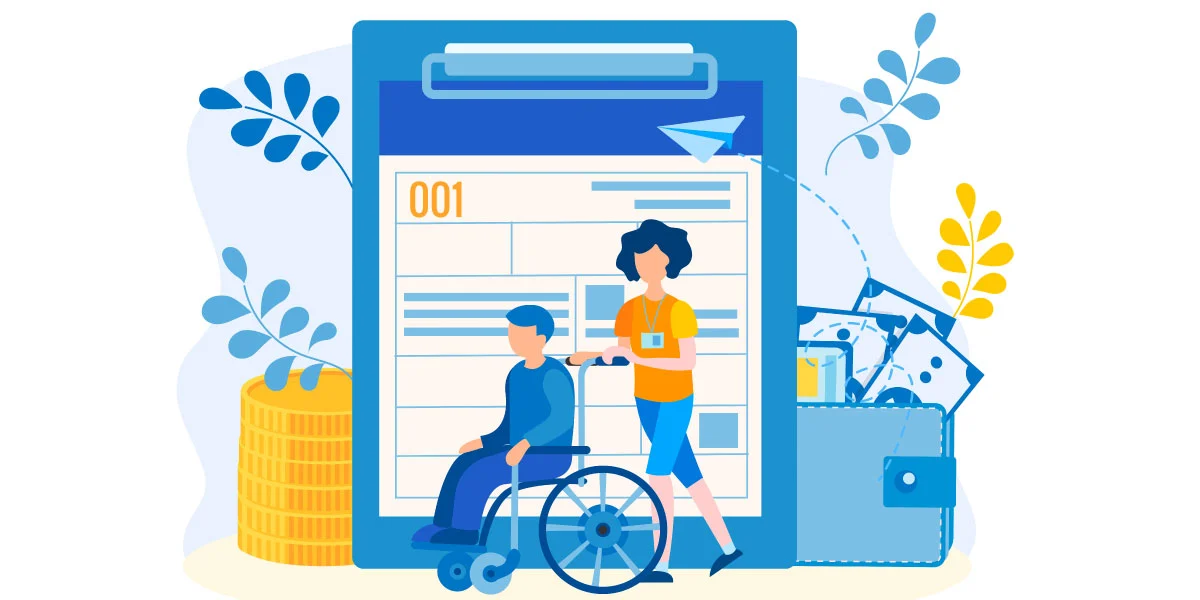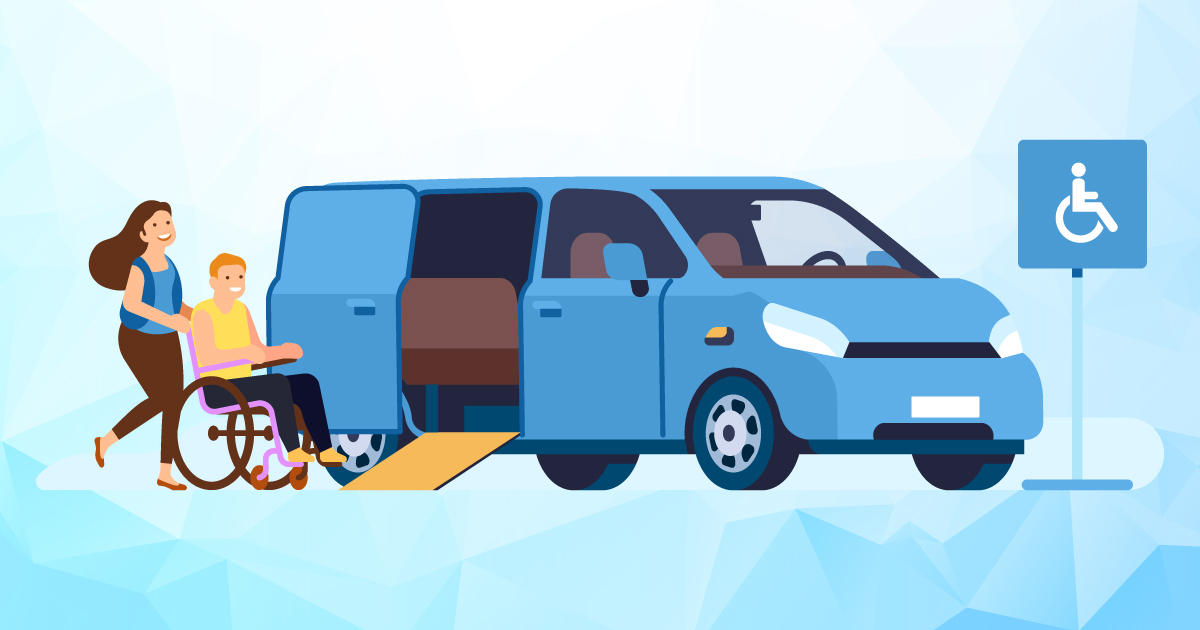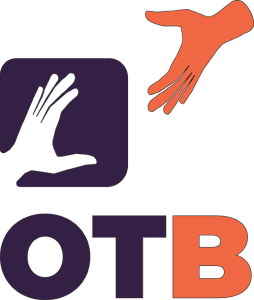Navigating the world of NDIS transport support funding can feel overwhelming, but it’s crucial for participants seeking assistance with mobility. This guide aims to simplify the process, explaining how NDIS transport support works and the various transport support services available. Understanding these options can help individuals access the transport support they need for medical visits, social activities, and everyday life, ultimately enhancing their independence and well-being.
What is NDIS Transport Support Funding?
Participants may receive NDIS transport support if they can’t use public transport easily due to their disability. This funding helps with transport assistance and considers any existing taxi subsidy schemes. However, it doesn’t cover transport for carers helping a family member with everyday commitments.
For more detailed information on transport arrangements and how providers of supports can include travel costs, you can check the Pricing Arrangements and Price Limits document.
How is Transport Funded through the NDIS?
NDIS transport support is designed to help participants travel and engage in activities that align with their goals. This funding covers a variety of transport support services, making it easier for individuals to get where they need to go. However, it’s important to note that this support is specifically available for those who face significant challenges using public transport, like buses or trains, due to their disabilities.
When assessing eligibility, the NDIS considers any existing taxi subsidy programs and evaluates what is reasonable for families, caregivers, and community members to provide. This means that while NDIS transport support can be a vital resource, it works alongside the efforts of loved ones and the community to ensure that participants can access the support they need for a more independent life.
Types of Transport Assistance the NDIS May Cover
NDIS transport support offers various options to help participants navigate their daily lives more easily. Understanding the different types of transport assistance available can empower individuals to make the most of their funding and enhance their independence.
- General Transport: General transport funding allows participants to pay a provider for transportation to various activities, including non-NDIS funded ones. This might cover trips to medical appointments, community events, or local shops. It’s flexible, enabling the use of taxis, rideshares like Uber, or other transport services if public transport isn’t an option due to a disability. Since there’s no set price limit, it’s essential to agree on a reasonable rate and billing schedule with the provider.
- Specialised Transport: Specialised transport is designed for participants needing assistance getting to educational institutions, employment, or community activities. This support must be specified in the NDIS Plan and typically requires a quote. For instance, children who can’t use public transport may benefit from a regular specialised bus service.
- Capacity Building Supports: The NDIS also offers Capacity Building supports to help participants develop independent travel skills. This includes funding for travel expenses related to supports outlined in their plan, learning to drive, or making necessary vehicle modifications.
By exploring these transport support services, NDIS services can help participants to find the assistance they need to thrive in their daily lives, ensuring they can access important activities and foster their independence.
What Does NDIS Transport Support Funding Not Cover?
While NDIS transport support provides essential assistance for many individuals, there are specific areas that are not covered under this funding. Understanding these limitations can help participants manage their expectations and seek alternative solutions where necessary.
- Public Transport Costs: The NDIS does not cover the cost of public bus or train tickets, as these are considered day-to-day living expenses. This includes any concessions for using public transport.
- Transport for Children: For children under 18, the NDIS indicates that it is the responsibility of parents to meet their daily transport needs, meaning general transport requirements for kids are not funded.
- Family and Friends: The costs associated with bus or train tickets for family members, friends, or carers accompanying participants are not covered by NDIS transport support funding.
- Payment to Family Members: Participants cannot use NDIS funding to pay family members for providing transportation, even if they are assisting with travel to appointments or activities.
- Travel Costs for Support Providers: While providers can claim reasonable travel costs for delivering supports or taking participants to community activities, this is separate from individual transport funding.
By being aware of what NDIS transport support funding does not cover, participants can better plan their travel needs and explore other options to ensure they receive the necessary support to maintain their independence and engage in their communities.
Three Levels of Transport Support for Participants
There are three levels of transport support to provide participants with a transport budget. These supports are reviewed and adjusted annually by the NDIA.

Three Participant Transport Support Levels
- Level 1: Up to $1,606 per year for participants not working, studying, or attending day programs but aiming to improve community access.
- Level 2: Up to $2,472 per year for participants working or studying part-time (up to 15 hours per week), attending day programs, or engaging in social and recreational activities.
- Level 3: Up to $3,456 per year for participants working, job hunting, or studying for at least 15 hours a week but are unable to use public transport due to their disability.
In special cases, participants may receive additional funding if their plan includes assistance for engaging in employment. Transport support services make sure participants can access their community and essential services easily.
How Does My NDIS Plan Impact My Mobility Allowance?
Understanding how your NDIS Plan interacts with your Mobility Allowance is essential for effective planning and support. If you’re receiving a Mobility Allowance and are transitioning to the NDIS, it’s important to know that you cannot receive both simultaneously. Once your NDIS Plan is established, your Mobility Allowance will cease, so planning ahead is crucial.
- Transitioning from Mobility Allowance: When you join the NDIS transport support, your Mobility Allowance funding does not automatically transfer to your NDIS Plan. This means you’ll need to ensure your transport needs are adequately addressed in your new plan.
- Preparing for Your NDIS Meeting: It’s vital to clearly communicate your transport support requirements during your NDIS Plan meeting. This preparation helps ensure that you receive sufficient funding to replace your Mobility Allowance, covering essential transport support services.
- Understanding NDIS Transport Support: Your NDIS transport support may include various options tailored to your needs, helping you travel to appointments, community activities, or other important destinations. This support is designed to enhance your independence and quality of life.
Transport Funding for Those Transitioning to PACE
If you’re on the new PACE system, your NDIS Plan may now include funding in new categories, such as the Recurring category, which is great news for those needing consistent transport support.
- What is Transport Recurring Funding?
This funding allows you to receive regular payments from the NDIS directly into your bank account, eliminating the need to submit claims each time you require transport support. - Everyday Transport Needs:
It covers everyday transport, whether you need a taxi to a doctor’s appointment or specialised transport services, making access to essential activities easier. - Streamlined Process:
With recurring funding, you can manage your transportation needs without the hassle of frequent claims, ensuring you have the resources available when you need them.
How to Prepare for Your NDIS Plan Meeting?
Leap In! can guide you through preparing for your NDIS plan meeting, making the process smoother and more effective. Here are some key starting points to help you get ready:
- Identify Travel Challenges:
Think about specific situations where you struggle to travel independently. For example, consider instances where public transport isn’t accessible or where you feel unsafe traveling alone. - Personal Transport Aids:
Be prepared to discuss any personal transport-related aids and equipment you may need, such as mobility aids or specialised seating. This helps ensure your NDIS transport support reflects your requirements. - Training Needs:
Consider any training that could help you use public transport more effectively. Whether it’s learning how to navigate the transit system or practicing safe travel, suggesting these needs can help you access the right transport support services.
Can Participants Use Their Main Supports Budget for Additional Transport Assistance?
NDIS participants have the advantage of using their Core supports flexibly across most allocated support categories, including transport. Nonetheless, there are a few key exceptions to consider.
- Periodic Payments:
If your total transport funding is set up as periodic payments, such as Recurring Transport for participants with a PACE plan, this can limit your flexibility in using those funds. - Lack of Transport Funding:
If you haven’t been funded for transport supports at all, you won’t have the flexibility to use those funds since they simply aren’t available. - Maintaining Flexibility:
Even if you receive transport funding, it’s crucial to ensure that not all of your funding is locked into periodic payments. Keeping some funds available allows for more flexibility in addressing your transport needs as they arise. - Plan Management:
Participants can only utilise transport funding flexibly within Core supports if their funds are managed by an NDIS plan manager or the NDIA. This management structure allows you to access additional transport funding while using your allocated Core budget.
Final Thoughts
Understanding NDIS transport support funding is essential for participants seeking to enhance their mobility and independence. By familiarising yourself with the various types of transport support available, including general and specialised transport options, you can better navigate your NDIS Plan and ensure it meets your needs. Remember to prepare for your plan meetings by identifying your transport challenges and potential aids, and take advantage of the flexibility offered by your Core supports. With the right information and preparation, you can make the most of your NDIS transport support funding, enabling you to access essential services and engage fully in your community. Empower yourself with knowledge, and don’t hesitate to reach out for support as you work towards your goals!

